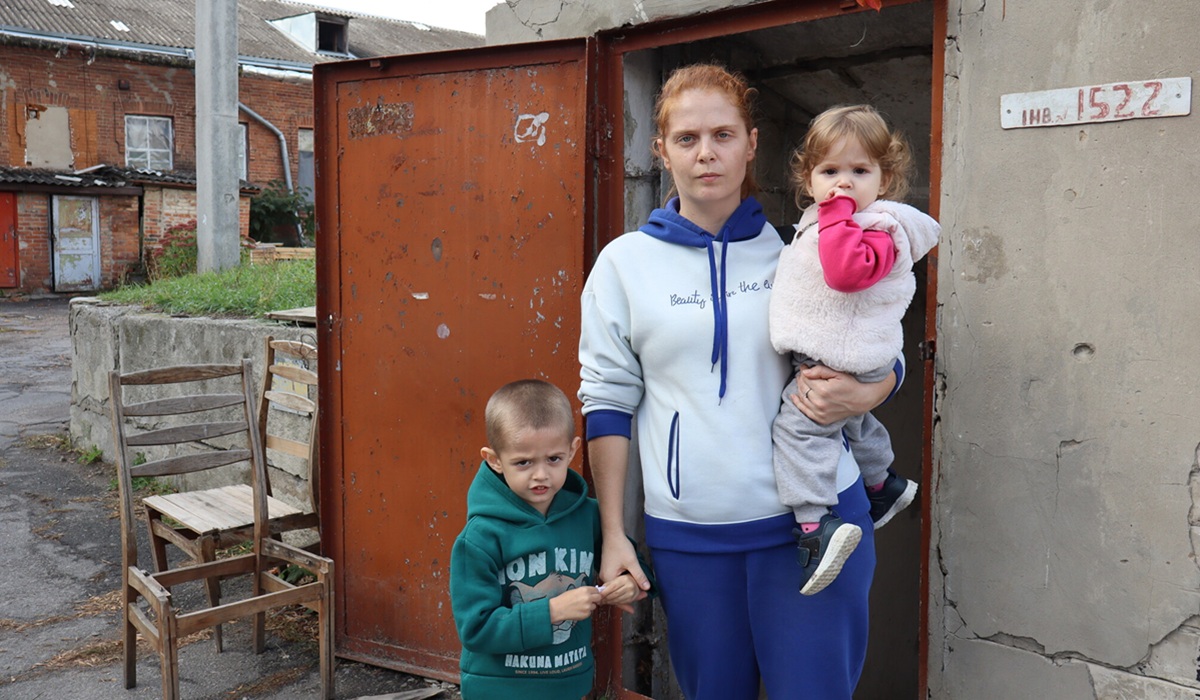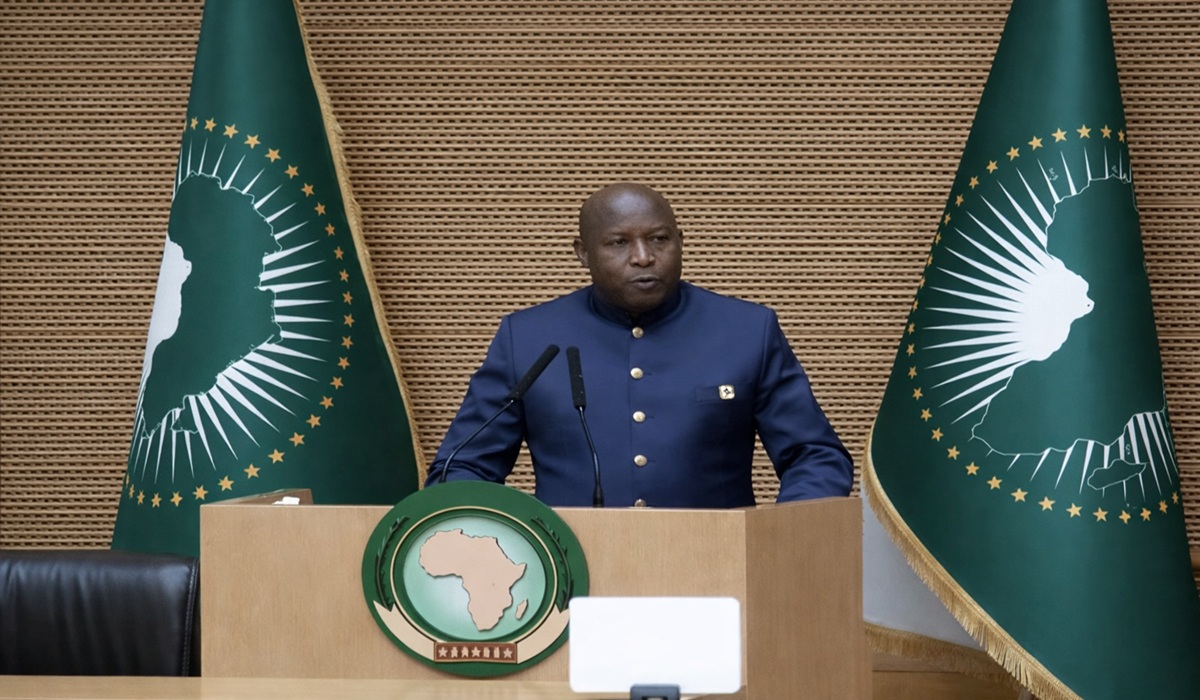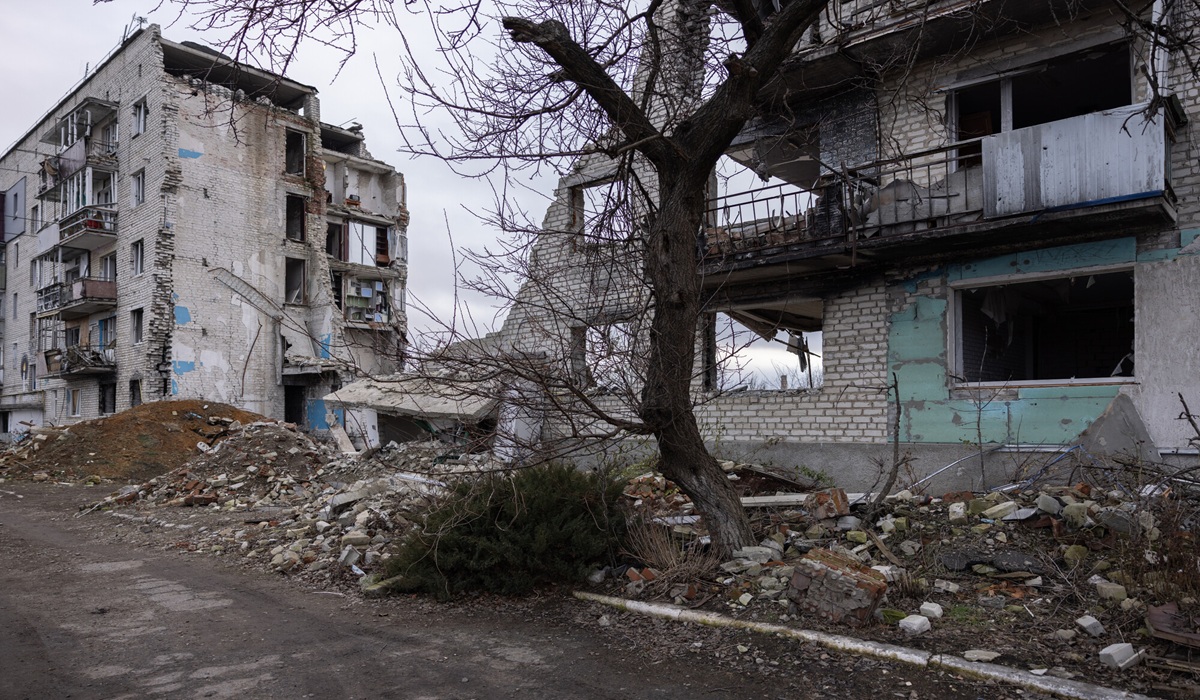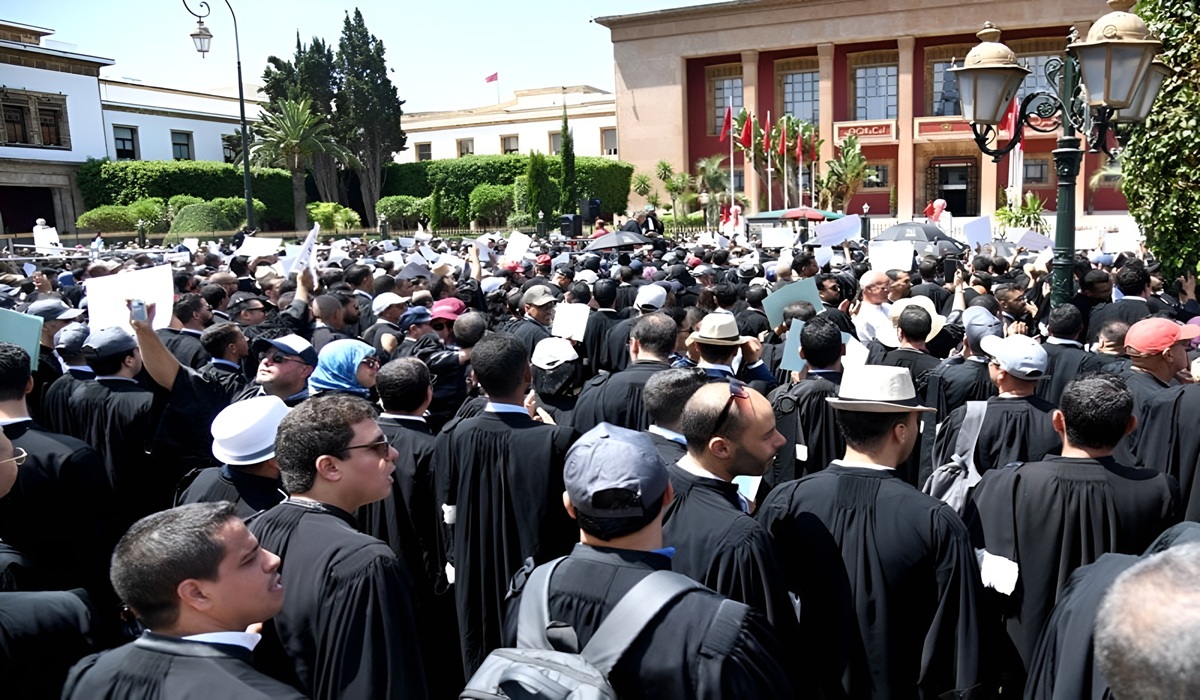Image Credit: NRC
As Ukraine braces for another brutal winter, a relentless wave of strikes on its energy infrastructure has left the country teetering on the brink of a humanitarian catastrophe. The Norwegian Refugee Council (NRC) has warned that millions of civilians could soon be without heating, electricity, or clean water as sub-zero temperatures approach.
In recent weeks, dozens of attacks have hit critical energy sites across the nation, reportedly destroying up to 60 percent of Ukraine’s gas production capacity. For many Ukrainians, the daily struggle for warmth has already begun. Aid workers on the ground are forced to rely on generators and blankets just to keep operations running in freezing conditions.
“Every day without stable heating or electricity endangers lives, especially among the displaced, the elderly, and families with children,” said Marit Glad, NRC’s country director in Ukraine. “All parties must uphold international humanitarian law and immediately cease attacks on civilians and civilian infrastructure, including energy facilities, which are indispensable for the survival of millions.”
Frontline regions like Sumy, Kharkiv, Dnipropetrovsk, and Donetsk have borne the brunt of these strikes, with escalating civilian casualties. In Derhachi, a small town in the Kharkiv region, a mother named Anastasiia described the growing desperation. “The house was damaged by shelling, the roof was pierced, the windows shattered, even the chandelier fell. It’s hard to keep the house warm when the wind comes through,” she said. “We often have power outages, so firewood is the only reliable way to keep the children warm. We still have some reserves, but they won’t be enough for the whole winter.”
Her story mirrors thousands of others across Ukraine, where families are struggling to prepare for winter with dwindling resources. According to NRC assessments, more than 80 percent of people receiving winterisation assistance—cash support to help families afford fuel, heating, and electricity—reported that they were already unable to meet essential needs before winter began. Many have resorted to makeshift heating sources that pose fire and carbon monoxide risks, while others face displacement as their homes become uninhabitable.
“It is unacceptable that energy infrastructure, essential to keep civilians warm and alive, is being repeatedly targeted,” said Glad. “With only weeks until sub-zero temperatures set in, urgent efforts are needed to repair energy facilities and restore local heating systems. We call on the international community to step up support to rehabilitate Ukraine’s energy capacity at scale and ensure that civilians can survive the coming winter safely and with dignity.”
The scale of destruction is staggering. In September alone, Ukraine’s energy facilities were attacked at least 31 times, according to the UN Human Rights Office. Ukrainian officials report that around 60 percent of gas production has been damaged or destroyed. The human toll is also mounting—214 civilians were killed and nearly a thousand injured in September, a 31 percent rise compared to the same period in 2024.
These attacks come as displacement intensifies across the war-torn regions. Over the summer, at least 42,000 people were evacuated from Donetsk, with thousands more fleeing Dnipropetrovsk between June and August. For those who remain, survival depends on limited aid, dwindling local resources, and the hope that the international community will act swiftly to stabilize the nation’s energy grid before temperatures plummet.
The Norwegian Refugee Council, which has operated in Ukraine since 2014, continues to provide emergency relief, protection, and shelter to displaced families. Its efforts, however, are increasingly hampered by the scale of devastation and the continued targeting of civilian areas. The organization’s latest surveys revealed that 82 percent of families require financial help just to cover utilities, 40 percent need winter clothing, and more than a third lack fuel for generators or heating.
For millions of Ukrainians, the coming months will be a test of endurance—against not only the bitter cold but also the grinding toll of a war that shows no sign of easing. As energy systems collapse and humanitarian needs surge, the call for immediate international support grows louder. Without decisive action, this winter could become one of the darkest in Ukraine’s modern history.









